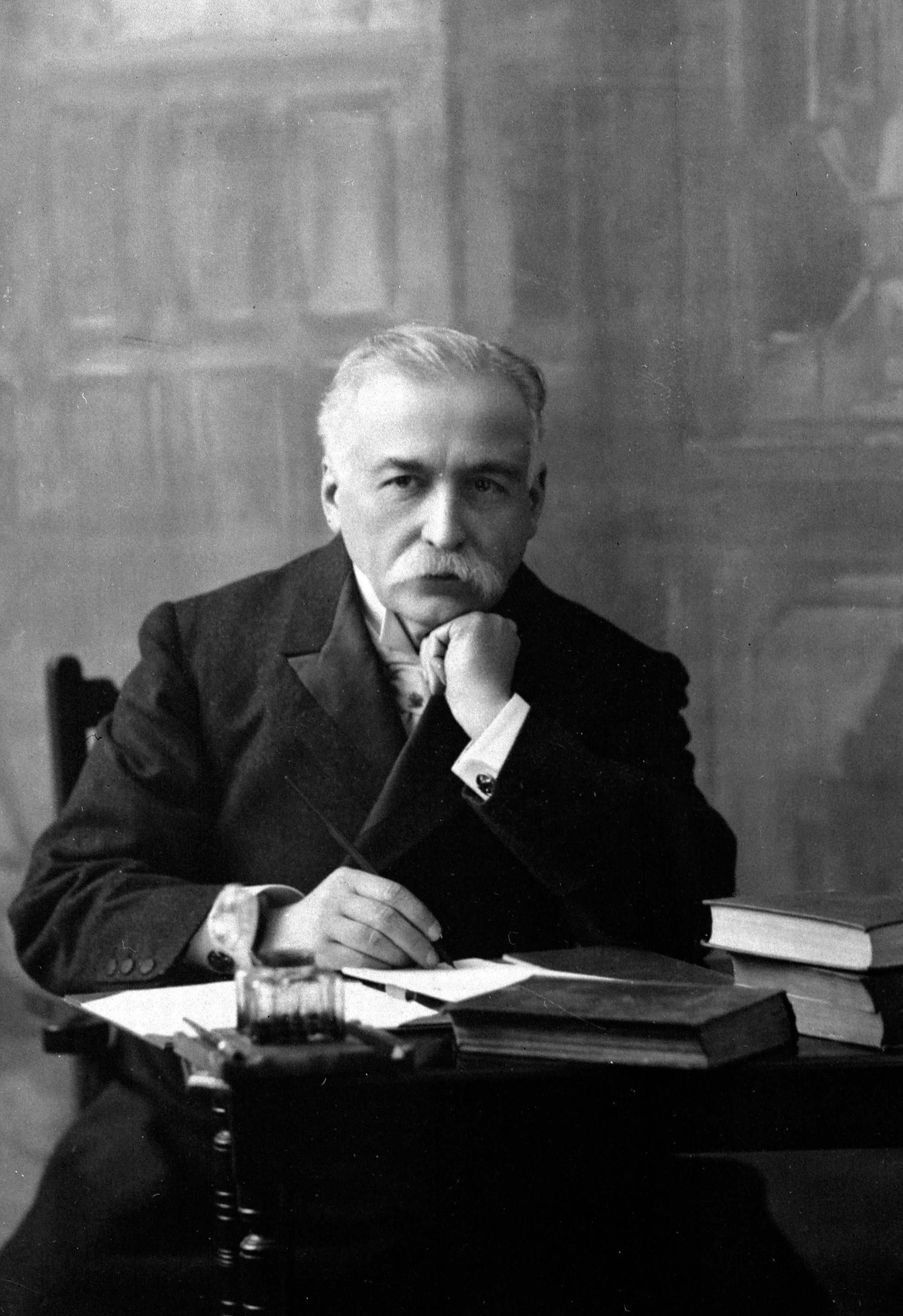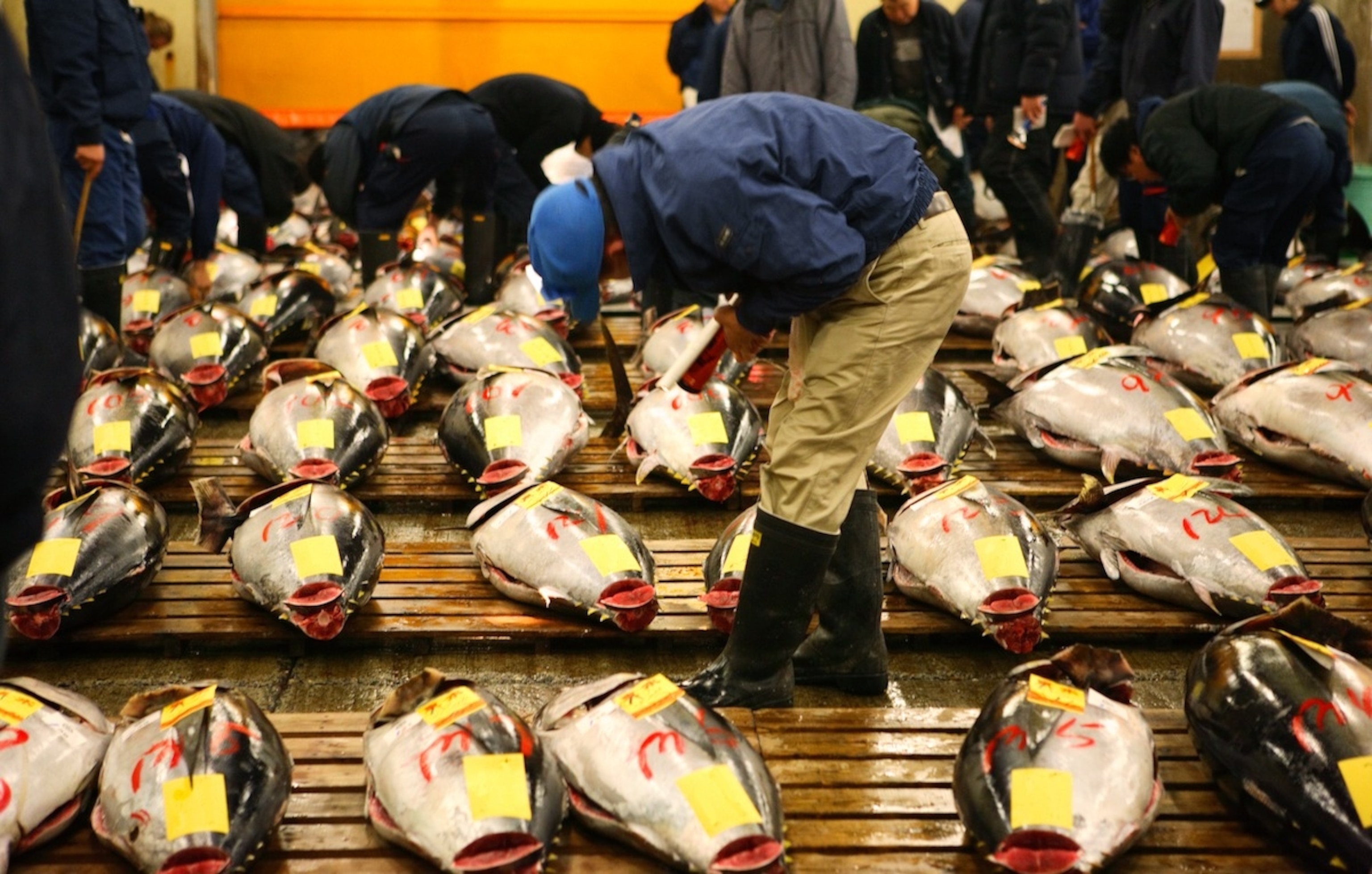
EAT: (Almost) Everything You Wanted to Know About Food
“Food is a very sensual act; it is the only way to get into someone’s body without actually touching them.”—Padma Lakshmi
Wondering whether food television can educate without putting people to sleep? Lakshmi’s words from National Geographic Channel’s miniseries “EAT: The Story of Food” should retire any doubt. Her quote reflects EAT’s careful marriage food’s primal biological power with its civilizing intellectual force.
Food makes us animals, yet dining makes us human. EAT walks this paradoxical line with a new type of culinary programming. The show is not a crazed competition to create four-course meals from vending machines like so many other food television shows. Nor is it a snoozy chronicle tracing the history of a single obscure ingredient, ignoring food’s deep biological draw in its earnest efforts to enrich rather than entertain. But the beauty of television is that it can do both simultaneously in skilled hands.
But just as a skilled chef’s hands allow ingredients’ naturally delicious flavors to shine, a good food story shouldn’t undergo much manipulation. Pepper smart people talking passionately with beautifully photographed shots of food sizzling and glistening and humans will have both their intellectual and biological needs satisfied. (And some nifty dinner-party-conversation pieces like Anna Boiardi on how her grandfather Chef Boyardee brought Italian food to the masses and helped America win World War II, and how food created the stock market.)

That’s why modern food television is perplexing. For millennia, humans have gathered around fire circles for meals and stories. Now food shows have replaced cooking in many homes, so watching people cook and eat in an informative and satisfying way could in fact encourage more people to cook. Lots of great food stories already exist, without a studio needing to create dramatic situations.
Sensationalistic food shows don’t have much to do with food so I particularly appreciate EAT which, while perhaps not a complete history, is a selection of vignettes to convince even the blandest palate that the recent global explosion in interest in food isn’t an anomaly. In fact, the aberration was the worldwide upper class’s disinterest in food and dining for a few decades in the twentieth century (with sustenance guaranteed from enormous grocery stores rather than elusive from hunting, foraging, and farming for oneself).

Reflecting food’s democratic nature, EAT features commentators from across the socioeconomic spectrum, at all levels of education. Few subjects can have expert opinions from professions as diverse as: professor, biologist, marketing specialist, historian, pitmaster. “We do what National Geographic does: went on an expedition,” explains Executive Producer Pam Caragol Wells, “and reeled in the most food obsessed people.”
One commentator, Chef Eric Greenspan of The Roof on Wilshire in Los Angeles, has his own show premiering next week. In Eric Greenspan is Hungry, Greenspan explores America experiencing something most TV shows won’t touch—meat. We love meat, but we don’t like that it comes from, well, animals. Greenspan embraces protein’s origins, telling me in a recent conversation that he is “inspired by natural habitats, not just by farmers’ markets. Now I see crawfish in the lily pads and used lily bulbs in a crawfish dish in my restaurant.”
When Greenspan and his traveling friend Mauzner join wild hog hunters in Arkansas, for example, there are gunshots. And blood. And a hanging, skinned carcass. On camera. Neither Greenspan nor Mauzner had hunted before, so their journey is similar to the average viewer.

Americans have a complex relationship with meat and, says, Greenspan, “National Geographic Channel is smart enough to let us show that complexity.” For all the talk on other shows and channels about whole animal cooking, Eric Greenspan is Hungry actually takes a viewer there, to a groundbreaking place for culinary TV, that most viewers would never go otherwise.
Which is, of course, a distinctly National Geographic lens, to examine culture, people, adventure, and exploration. The world, and the world of food, is interesting enough; we don’t need to create “interesting” situations for chefs.
Greenspan, like most chefs, had never before skinned and broken down a hog. Recently a group of chefs—who each had multiple years, some decades, of experience at top fine restaurants—on a James Beard Chefs Boot Camp for Policy and Change recounted to me when they together killed, butchered, and cooked a pig for the first time. In restaurants, even whole animals arrive skinned and cold and a chef is separate from the experience. The hunting process produces respect for the animal and, as Greenspan puts it, “a deep appreciation for where meat comes from…. When you’re eating it, there is a bond.”
EAT and Eric Greenspan is Hungry are shows for people who skip over the 80%-off Christmas chocolates in January to savor the Valentine’s Day sweets. Lots of food TV entertains, which TV must do to survive. But save yourself for the fresh goods; some shows are worth the indulgence.




